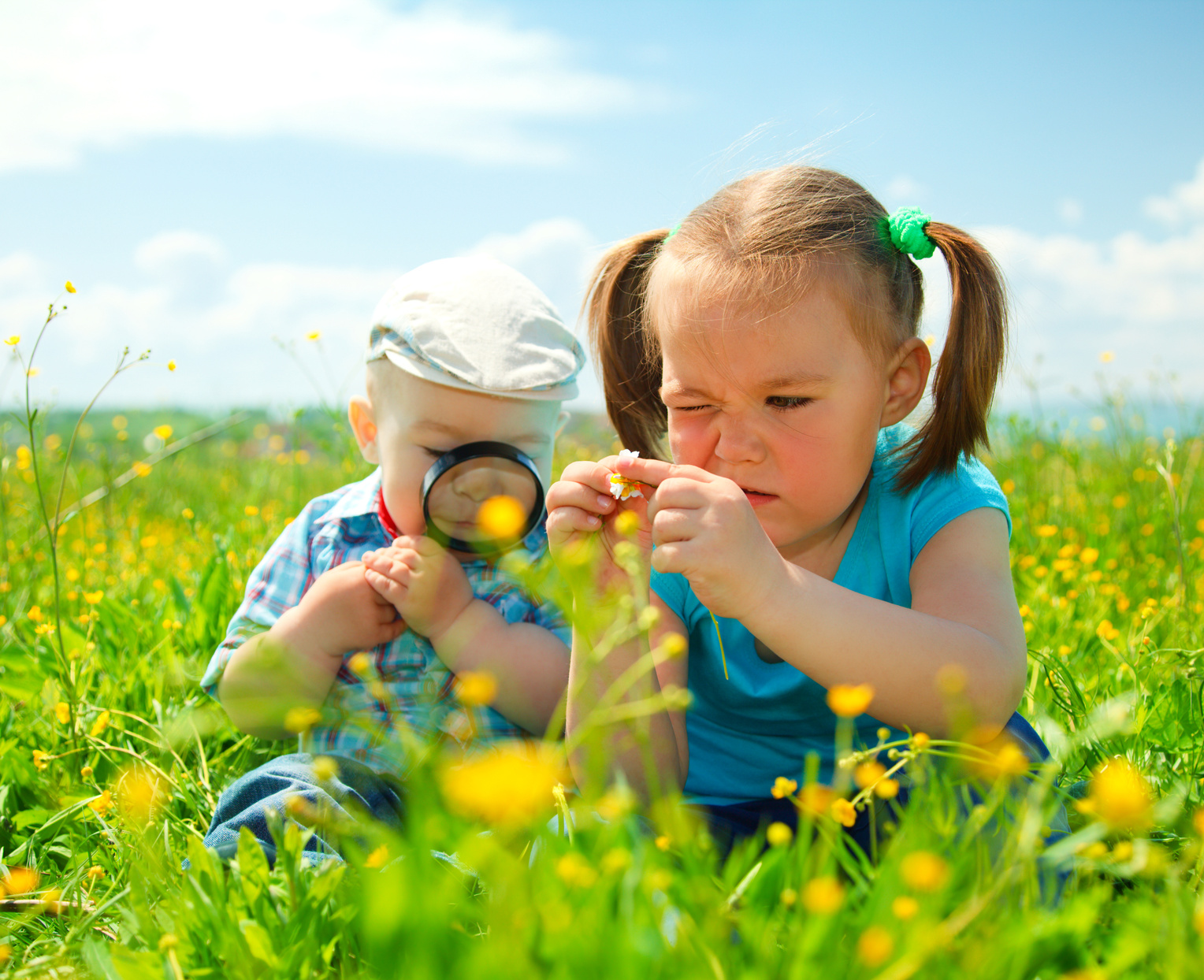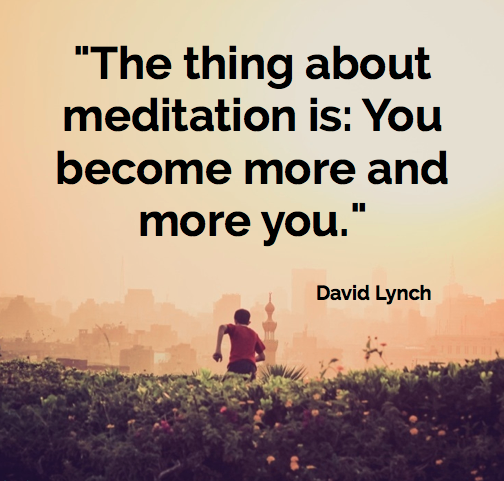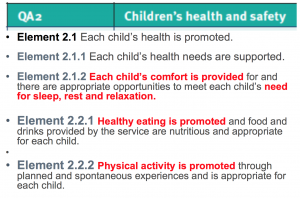We read some astounding research recently that found that many children today have not splashed in puddles, stomped in mud or been on a picnic. In fact, this research even said that only 44% of children went on bike rides with family. How often do you see children flying kites these days?
Today’s children are opting to stay indoors with their favourite company often screens, from iPads to televisions, computers, games and phones. And while there is evidence out there to show some benefits to allowing some tech time for children, the incredible benefits of the outdoors are indisputable. Here’s a few reasons why we think it’s so important that we encourage children to play outside.
HEALTH
There’s no disputing that the fresh air is good for our health and that goes for kids too. Even if it’s a bit chilly, rug up and get outside and you’ll have a better chance of avoiding a cold as colds are most often passed around from being cooped up indoors too much over the winter rather than from the cold weather itself.
FITNESS
Dancing around the loungeroom is one thing, but running free through a park and climbing and exploring are quite another when it comes to developing a good level of physical fitness. Bike riding is another great way of having a great time perfecting a skill while bonding with family members along the way. With childhood obesity such a huge problem today, outside play is a great first step to overcoming it.
RESPECTING NATURE
What better way to learn about the natural world and develop an appreciation and respect for nature than getting up close and personal with it. Collecting leaves, rocks, flowers, sticks and experiencing the incredible variation of textures, scents and colours in the great outdoors is invaluable.
Many parents say that sometimes children simply aren’t interested in going outside to play, so perhaps try some of these tips to encourage kids to head outside:
Add focus – children love a mission, so try spotting plants and animals on your walk or do a treasure hunt to add some purpose to your walk.
Don’t rush – take the time to dawdle, jump in puddles and notice the signs of the seasons together and you’re guaranteed to build some memories that will last a lifetime.
Enjoy simple pleasures – many of the greatest pleasures are very simple, such as skimming stones, making daisy chains or blowing a grass whistle.
Be nature detectives – a nature scavenger hunt is a great way to explore your back garden, neighbourhood or any green space. A bug hunt can work well too.
Get crafty – children are natural collectors, so encourage them to collect everything from pine cones to leaves for a home craft project.





